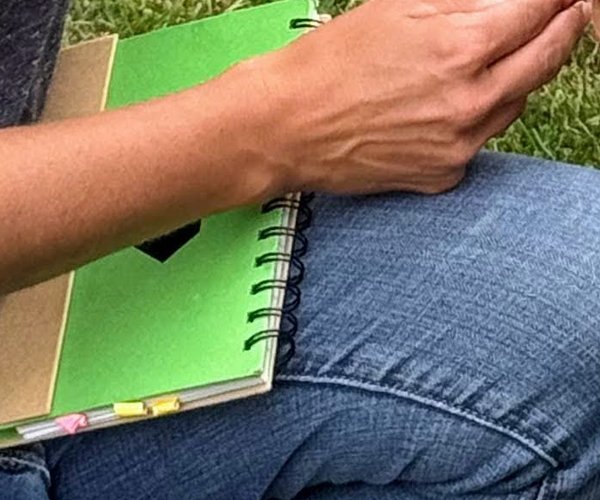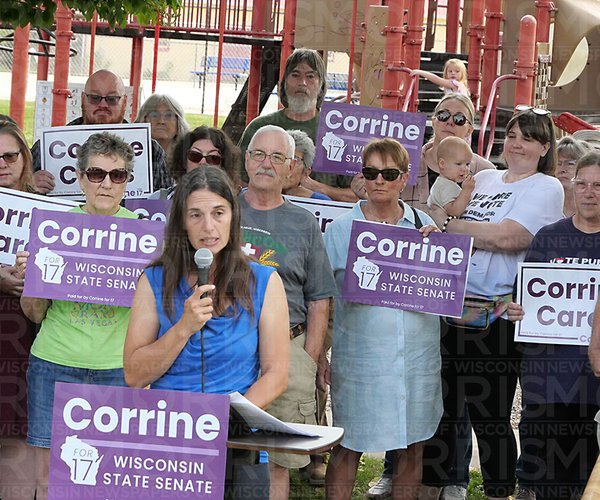PLATTEVILLE — The spring general election April 1 will be preceded by a primary election Feb. 18.
The primary will eliminate one of three candidates for Superintendent of Public Instruction. Incumbent Jill Underly, the former Pecatonica School District superintendent, is opposed by Sauk Prairie School District superintendent Jeff Wright, a former Democratic candidate in the 51st Assembly District, and educational consultant Brittany Kinser, a former special education teacher.
The April 1 election will have a state Supreme Court race to replace retiring Justice Ann Walsh Bradley. Former Attorney General Brad Schimel is opposed by Dane County Circuit Judge Susan Crawford.
The April 1 election may have as many as four constitutional amendment referendums, depending on whether the state Legislature approves them by Tuesday.
The Assembly was expected to vote Tuesday on a proposed constitutional amendment that would require photo ID to vote in Wisconsin. The state Senate approved the constitutional amendment Jan. 7.
“Since the voter ID law went into effect in 2012, voter turnout has risen in Wisconsin,” said Sen. Howard Marklein (R-Spring Green), a cosponsor of the constitutional amendment referendum. “We saw record-breaking turnout percentage in the 2020 presidential election and a record-breaking number of votes were cast in the 2024 election.
“This common-sense reform is supported by a vast majority of Wisconsinites and enshrining it in our State Constitution will ensure that it is around for years to come. I look forward to the State Assembly passing SJR 2 and sending this question to the voters.”
Voter ID is required by state law. But Sen. Van Wangaard (R-Racine), the bill’s coauthor, said, “The only way to ensure that our future Supreme Court will not overturn voter ID is to enshrine this basic election integrity law in Wisconsin’s constitution.”
The other three proposed constitutional amendment referendums introduced by legislative Republicans would ban government from closing places of worship during a state of emergency, ban governors’ using a partial veto to create or raise taxes, and ban governmental discrimination or preferential treatment based on race, sex, color, ethnicity or national origin.
Constitutional amendments require the approval of consecutive legislatures and then a majority vote in a statewide referendum.
Voters approved a constitutional amendment Nov. 5 to change eligibility to vote from “every” U.S. citizen in the state to “only” U.S. citizens in the state, with 70 percent of the vote statewide.





